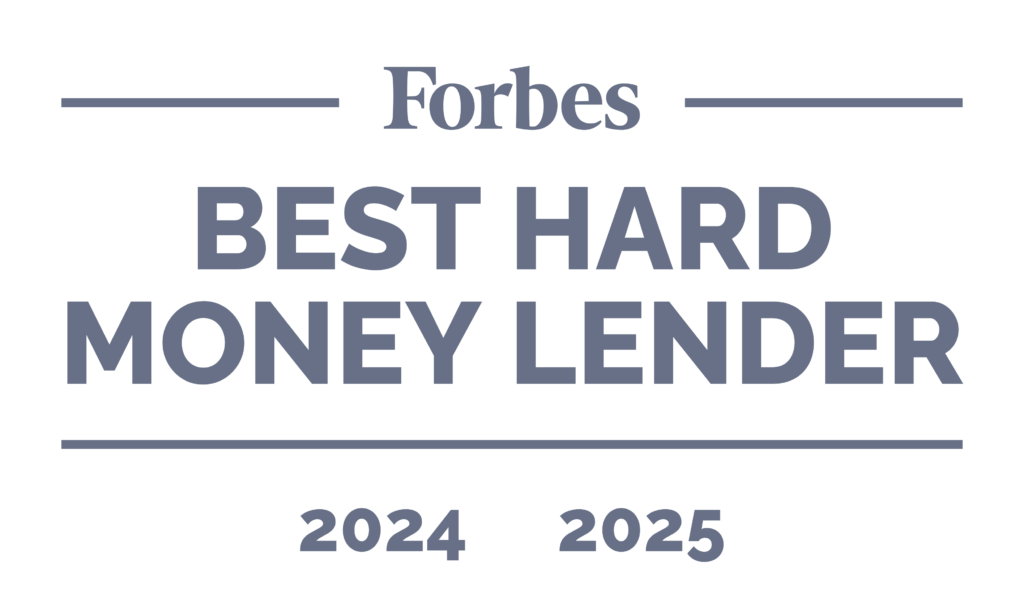Commercial real estate opportunities have opened up in Queens NY, and New York City investors are trying to secure properties with term mortgage loans while the iron is hot. However, not all term mortgages are the same, and finding the right lender who understands both financing and local property markets can be challenging to say the least.
A Lender Who Understands the Queens Property Market
Many mortgage brokers treat real estate as if all markets are the same. This is a myth, and a very big one, particularly in NYC. Queens property markets are vastly different from Brooklyn, Manhattan, Long Island, Staten Island, Northern NJ, and everywhere else in the United States. Even within Queens, there is a big distinction between the residential property market, the commercial real estate market, and commercial real estate used as residential, such as multi-unit apartment buildings and single-rental townhouses. When seeking term mortgages for commercial real estate in Queens, investors need to partner with a lender who understands the direction of the local market.
Favorable Term Mortgage Loans for Queens Properties
As mentioned above, many lenders treat term mortgages for commercial properties the same as private residences, which does not help commercial real estate investors in Queens. Going through traditional lending channels may severely limit the amount of financing offered, and bank loans are subject to arbitrary interest rate hikes. CRE investors in Queens need something more in-line with their goals. Term mortgage loans, or conventional loans, are amortized into manageable monthly payments. For Queens properties, lower loan-to-value ratios usually qualify for higher financing with term mortgage loans because the higher equity poses a lower risk. Also, the right lender will provide fast closings and unrestricted cash outs to make acquisitions faster, and so local commercial real estate investors can start generating revenue from their properties.
Versatility
Term mortgage loans should be applicable to a wide range of revenue-generating property types in Queens, not just residential rentals. The right lender will work with you to assess a property for overall profitability in its prospective post-acquisition and renovation state, to get you the highest financing possible. Conventional term loans can be used for multifamily rentals, townhomes, funeral parlors, hospitals, franchises, office space, restaurants, retail shops, and everything in between.
What factors are considered when applying for a commercial mortgage?
When applying for a commercial mortgage, there are several factors that lenders consider when deciding to approve or deny an application. These include the borrower’s credit score, the type of property being purchased, the amount of money requested and its intended use, the loan-to-value ratio, and the borrower’s current financial situation.
Credit rating is one of the most important factors. The borrower must have a good credit score and a history of financial stability, making timely payments on any existing loans or debt.
The type of property being purchased is also important. Lenders will want to know if the property is an owner-occupied residential area, an investment property, or some other type of commercial space. They may also consider the condition of the property and its potential rental income.
At Express Capital Financing, we provide a range of commercial mortgage options designed specifically for property markets in Queens. If you are lining up a new acquisition, and are looking for a lender who will work with you to provide a loan tailored to your needs, contact the experts at Express Capital Financing today.
FAQ
The primary difference between a residential mortgage and a commercial mortgage is the purpose of the loan. Residential mortgages are for purchasing or refinancing single-family homes, while commercial mortgages are used to purchase or finance larger investments, such as multifamily properties, retail stores, industrial buildings, and office buildings.
Residential mortgages typically involve less paperwork and have shorter terms than commercial mortgage transactions. They also typically require a lower down payment than commercial mortgages. Commercial mortgages, on the other hand, usually have longer terms and may involve more paperwork. They also often require higher down payments than residential mortgages.
Yes, there is a difference between commercial mortgages and commercial real estate loan programs. Generally speaking, a commercial mortgage is a loan taken out specifically to purchase a commercial property, while a commercial real estate loan is used to finance any type of real estate transaction.
A commercial mortgage typically involves more complex terms and conditions than a residential mortgage due to the higher value of the asset being purchased. The terms of a commercial real estate loan, however, depend on the specific transaction.
When obtaining a commercial mortgage, there are typically fees involved. Depending on the lender and type of loan, these fees can vary drastically. Generally speaking, commercial mortgages involve higher closing costs than residential mortgages due to the complexity of the transaction and the greater risk undertaken by lenders.
Common fees associated with commercial mortgage transactions include origination fee; commitment fee; processing fee; underwriting fee; appraisal fee; and title/closing fees. It is important to understand what fees you may be responsible for when obtaining a commercial mortgage, so make sure to ask your lender about any potential fees before signing on the dotted line.
To help with all of these questions and more, we've put together this handy guide on evaluating fix and flip properties.
When applying for a mortgage rate quote, it is important to be prepared with the necessary documents. Depending on the lender and your individual circumstances, the exact documents needed will vary, but typically include:
• A copy of your most recent pay stubs or tax returns to prove income
• Bank statements from both checking and savings accounts
• Copies of any investments you hold, including stocks and bonds
• Credit reports from all three major reporting bureaus. These are Experian, Equifax, and TransUnion. These agencies collect information from lenders to generate credit reports that provide lenders with the information they need to approve or deny loan applications.
Each agency collects
• Proof of any other assets you may have
Once you have gathered the necessary documents, you can then contact a reputable mortgage broker in your area to get an accurate rate quote.






